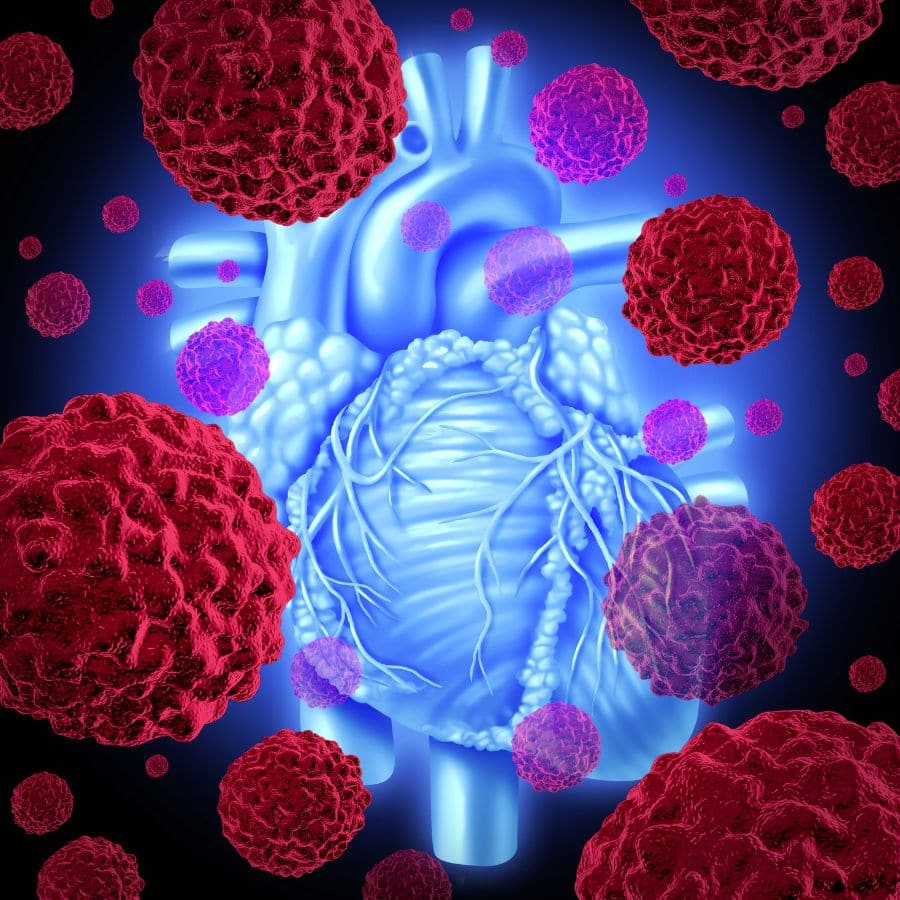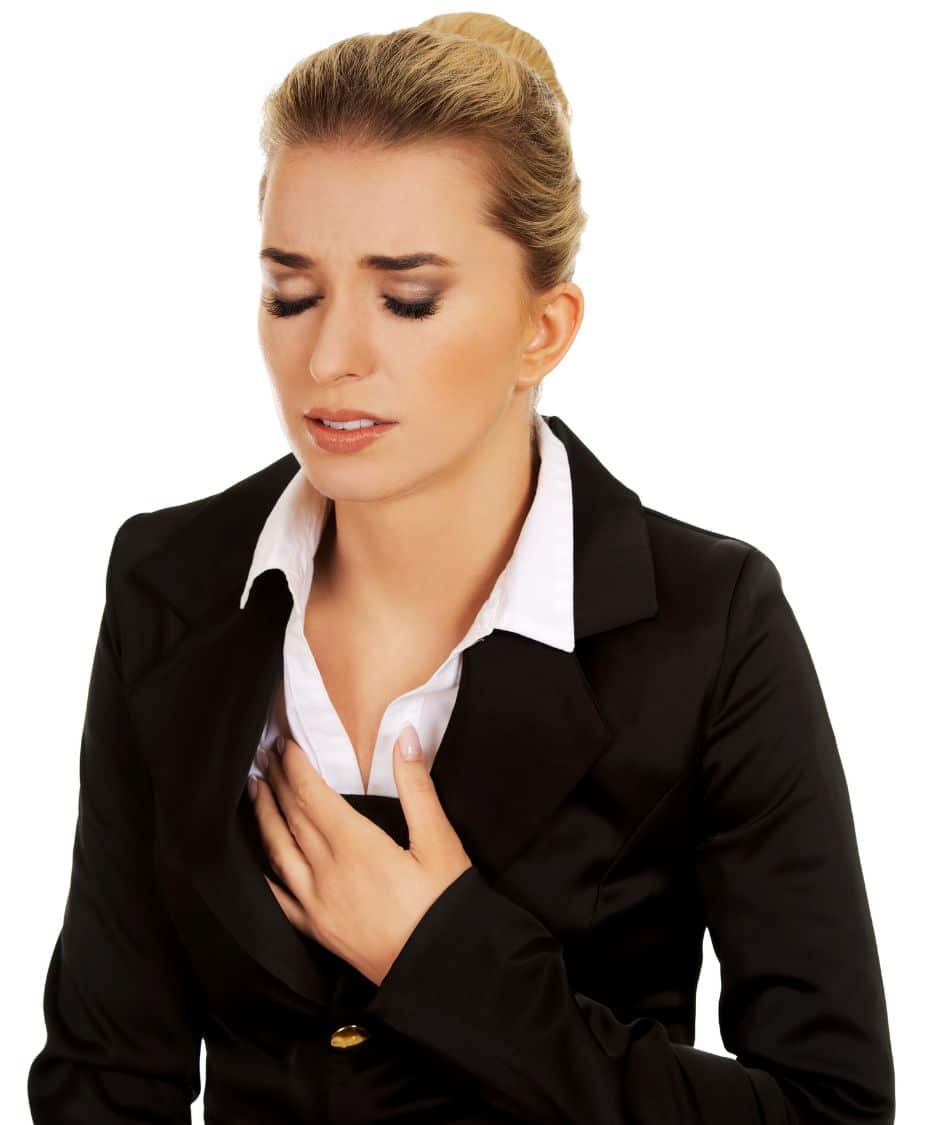Cardio-Oncology Oakville
Cardio-Oncology
What is Cardio-Oncology?

Cardio-oncology is a subspeciality involving caring for patients with cancer who either have or who are at risk for having cardiovascular disease, using a multidisciplinary approach. Many patients with cancer require a comprehensive cardiovascular assessment prior to starting or during chemotherapy and/or radiation therapy. This includes assessing the baseline heart function via various imaging modalities, and performing a detailed cardiovascular risk assessment. This allows their Oncologist to have a more informed overview in selecting the appropriate and safest therapies. Dosing changes, either through dose reduction, an alteration of dosing schedules or a change in the mode of administration of chemotherapeutic agents have demonstrated a reduction in the risk for cardiovascular injury during and after chemotherapy. At the Chahal Cardiovascular Centre, we believe that collaboration amongst various subspecialities, including oncology, hematology, radiology, and surgical subspecialities, improve clinical outcomes.
Who Should Be referred to the Cardio-Oncology Clinic at C³?
The Cardio-Oncology Clinic at the Chahal Cardiovascular Centre (C³), is for any patient undergoing cancer therapy who:
- Have risk factors for developing cardiovascular disease
- Have existing cardiovascular disease
- Develops a cardiovascular condition after receiving chemotherapy or radiation therapy
What are the Services provided at C³?
Cardiovascular Risk Reduction strategies prior to starting chemotherapy or radiation therapy
Early detection and management of cardiovascular complications related to cancer treatment
Long-Term Cardiovascular monitoring of cancer patients
What are some of the cardiovascular risk factors to be aware of?
- Diabetes
- Smoking
- High blood pressure (hypertension)
- High cholesterol (hyperlipidemia)
- Obesity
- A family history of early onset heart disease
- Eating a diet high in fat
- Inactive lifestyle
- Early menopause
What are some of the cardiovascular complications that can occur with chemotherapy and radiation therapy?
- Pericarditis, Pericardial Effusion, Pericardial fibrosis/scarring


Frequently Asked Questions
A focus on preventative care is essential, to prevent the development of cardiovascular disease. This includes a heart-healthy diet, regular moderate intensity exercise, stress reduction, and avoidance of risk factors, such as smoking. Managing comorbidities, such as obstructive sleep apnea, obesity, hypertension, diabetes and hyperlipidemia is also of paramount importance. However, realizing that cardiovascular disease can take many decades to develop before symptom onset and that there is a genetic predisposition in some people, prevention is not always possible. Fortunately, a team-based approach and assessment by your cardiologist can help you navigate though your oncological therapies, safely.
There are many emerging chemotherapy agents that may cause cardiovascular complications. Although this is not a comprehensive list, the most commonly encountered chemotherapeutic agents in modern practice are:
- Anthracycline chemotherapeutic agents, such as doxorubicin (Adriamycin®), daunorubicin (Cerubidine®, Daunomycin®) and epirubicin (Pharmorubicin®)
- Cisplatin and Carboplatin (Paraplatin®, Paraplatin AQ®)
- Paclitaxel (Taxol®)
- Cyclophosphamide (Procytox®)
Radiation therapy can also cause cardiovascular complications, although this has become less common than in the past, due to changes in radiation doses administered and novel treatment methodologies. Radiation to the chest, abdomen, spine or total body irradiation have the highest risk of leading to cardiovascular complications. However, it will depend on the total dose of radiation received to the chest and the amount of heart tissue in the radiation treatment field.
Radiation therapy also may lead to cardiovascular complications, several decades after exposure. For example, radiation therapy increases the likelihood of atherosclerotic disease, which may take 15-20 years to develop, prior to manifesting clinically. Other patients may develop a rare type of cardiomyopathy, known as restrictive cardiomyopathy from radiation therapy, and must be monitored long-term by a cardiovascular specialist with expertise in both advanced heart failure and cardio-oncology.
Still have a question about cardio-oncology? Speak to your doctor about a referral to the Chahal Cardiovascular Centre for a Cardio-Oncology consultation.